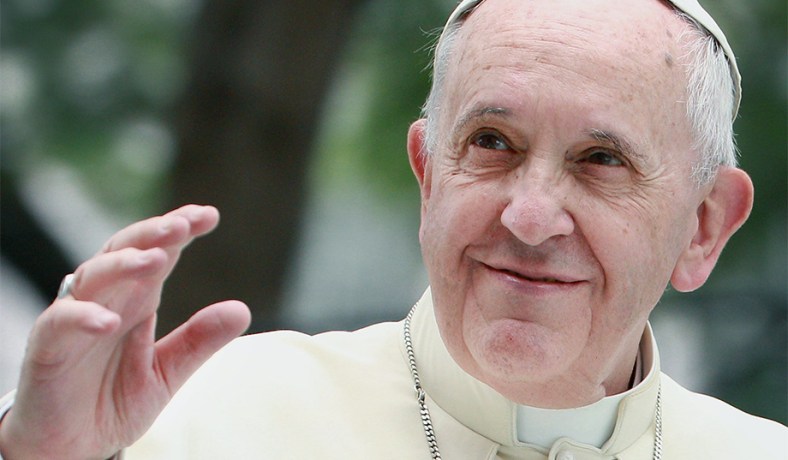Upcoming Events
Friday, April 26 | 12pm CT | In-Person
CLG Speaker Series: Sr. Helen Prejean
The Journey Of The Catholic Church To Recognize The Death Penalty As A Pro Life Issue
Speaker: Sr. Helen Prejean
Location: University Club of Chicago, 76 E. Monroe, Chicago
The below resources are from the Catholic Lawyers Guild’s Intellectual Formation Events. For more information, please contact Michael Ripani at admin@clgchicago.org.
Laudato Si: Pope Francis’ encyclical on the environment and human ecology.

Available at: https://laudatosi.com/watch
- “The human environment and the natural environment deteriorate together; we cannot adequately combat environmental degradation unless we attend to causes related to human and social degradation…we have to realize that a true ecological approach always becomes a social approach; it must integrate questions of justice in debates on the environment, so as to hear both the cry of the earth and the cry of the poor.” (p. 33)
- “The establishment of a legal framework which can set clear boundaries and ensure the protection of ecosystems has become indispensable; otherwise, the new power structures based on the techno-economic paradigm may overwhelm not only our politics but also freedom and justice.” (p. 39)
- “Whether in the administration of the state, the various levels of civil society, or relationships between individuals themselves, lack of respect for the law is becoming more common. Laws may be well framed yet remain a dead letter. Can we hope, then, that in such cases, legislation and regulations dealing with the environment will really prove effective?” (p. 107)
- “There is a nobility in the duty to care for creation through little daily actions…We must not think that these efforts are not going to change the world. They benefit society, often unbeknown to us, for they call forth a goodness which, albeit unseen, inevitably tends to spread. Furthermore, such actions can restore our sense of self-esteem; they can enable us to live more fully and to feel that life on earth is worthwhile.” (p. 154 – 155).
Sustainability Tips | Recommended by the Union of Concerned Scientists
- Switch to a car with better fuel economy.
- Make your house more airtight.
- Buy and use a programmable thermostat.
- Eat less meat, especially beef.
- Use power strips in your home office and home.
- Upgrade your refrigerator and air conditioner, especially if they are more than five years old.
- Get an electricity monitor from your local hardware store (or borrow one from many local libraries) to see where the energy hogs are in your home.
- Change those light bulbs. New LED light bulbs can give the same light for 15 percent the electricity.
- Wash clothes in cold water – they get just as clean with today’s detergents.
- Buy less stuff. Reduce, re-use, and recycle—it’s not just about pollution, but the strategy will lower your emissions too and help combat global warming.
